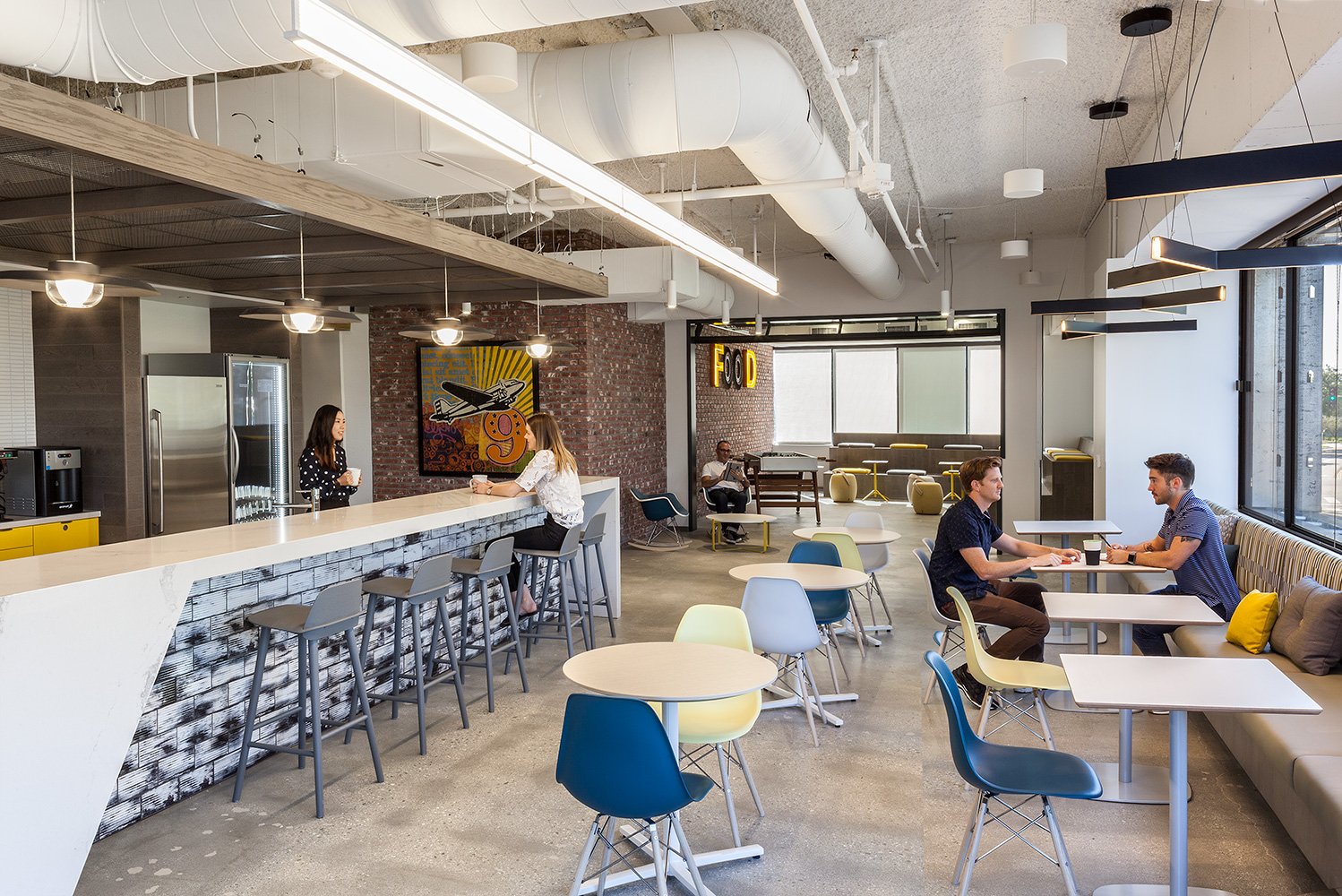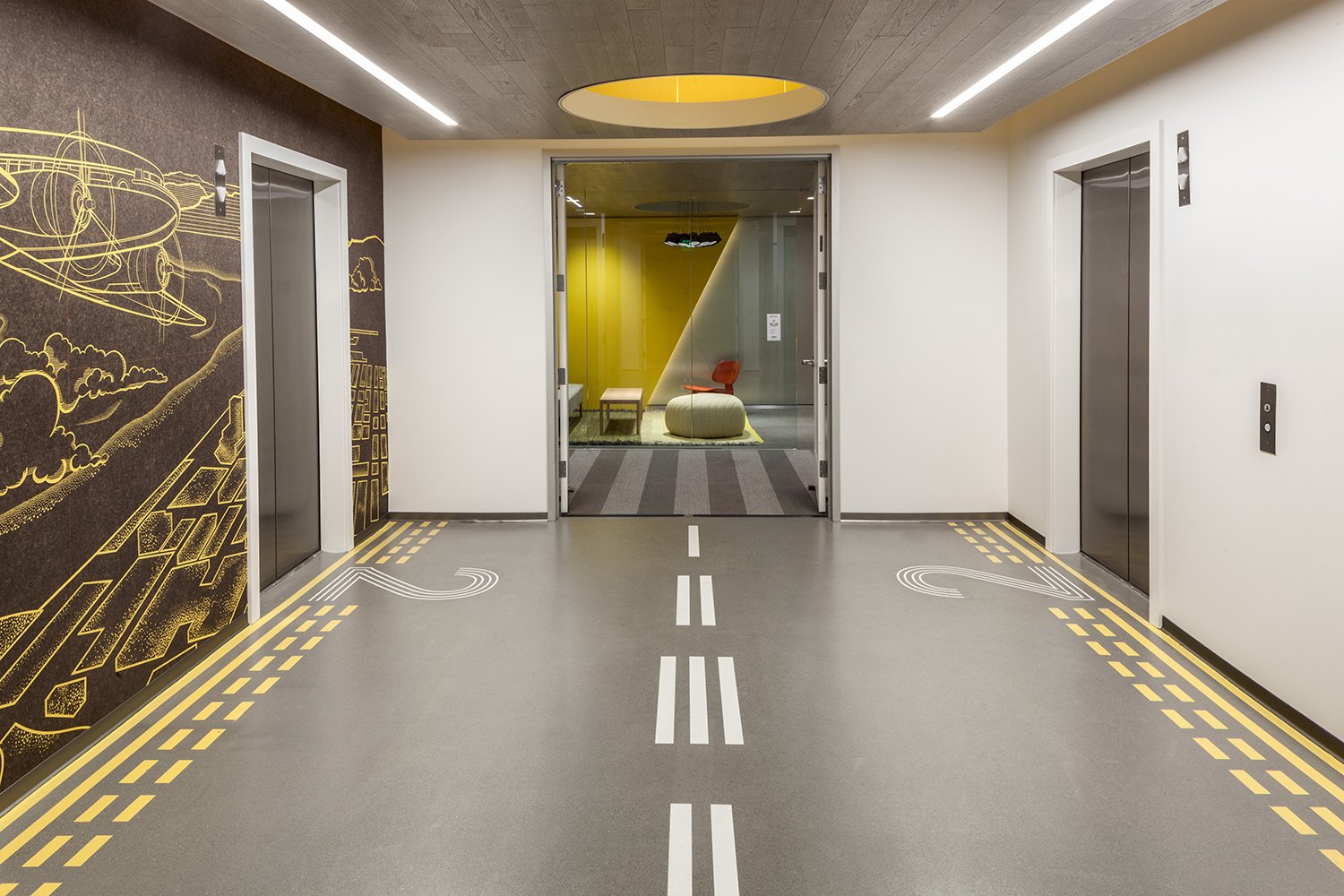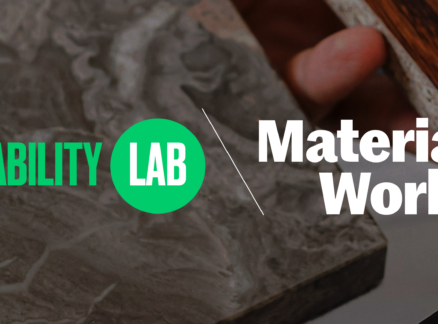
October 16, 2020
Reconsidering the Commute
Abundant transit choices still pose challenges during the pandemic.

“The money’s good and I can walk to work,” John F. Kennedy once said about the presidency. But for those in less rarified workplaces, commuting is an inevitable challenge, and the COVID-19 pandemic has not made that any easier. “Twenty-five percent of the people in Chicago who used to take the CTA are now driving, and we’re also seeing higher use rates of Uber and Lyft,” said Erin Aleman, the executive director of the Chicago Metropolitan Agency for Planning. She cited this shocking statistic during a recent Metropolis Think Tank panel that convened experts in design, planning and real estate to tackle the subject of commuting during the pandemic.
Jeannette Lenear Peruchini, managing principal and director of interiors at AECOM, the event’s host, expressed that virtual productivity is unexpectedly high. “I don’t think anyone could have imagined this work-from-home environment that we’re in. But, that said, being in the office is very important for many.
“There’s a generational question related to transit as well as the ability to work at home,” she continued. “Our millennials and Gen Y’ers are living more in urban environments and don’t mind public transportation. They’re living with roommates in small apartments, so working at home is a little more challenging. By contrast Gen X’ers and boomers are living in the suburbs. They have the space to work at home.”
https://vimeo.com/463963265/36a3354c40
Echoing the idea that younger workers prefer to be in the office, Stephen L. Van Soelen, senior director, strategic real estate and facilities planning for Eli Lilly and Company, chimed in: “The younger folks are trying to build their brands in the office.” In other words, they don’t mind hopping on that 7 a.m. train. And the up-and-coming professionals have ample other choices, from Chicago’s Divvy bike-sharing program to a pilot plan begun just in August to rent electric scooters.
Multiple ideas to reduce traffic and stress abound, the panelists said, like working with the city of Chicago to stagger employee hours and workdays, an idea that Chicago Mayor Lori Lightfoot has already endorsed. Further dispelling the myths about the dangers of public transportation, made ever so acute by the pandemic. “That’s one of our top projects,” said the city planner Aleman.
To accommodate private driving, even developers acknowledge the high cost of building garages outweighs other amenities they could be putting in their buildings. “Do you want to spend your limited resources on parking or would you rather have a rooftop garden?” Aleman asked.
In closing the discussion, moderator Avinash Rajagopal, editor in chief of Metropolis, concluded that, whatever mode you take, the commute can be time well-spent. “Some people read, others listen to music. It’s a break to prepare yourself psychologically for your day.”
The Think Tank discussions were held on September 1, 10, and 17. The conversations were presented in partnership with Hunter Douglas, Material Bank, Versteel, GROHE, and KI.







